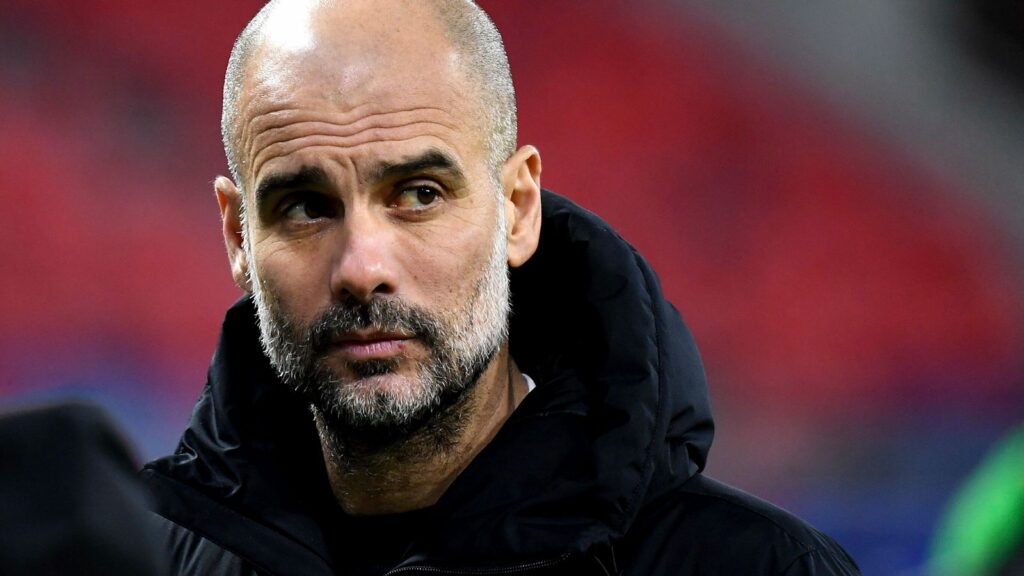For over 15 years, Pep Guardiola’s philosophy has shaped the very fabric of elite football. From the moment he took charge of Barcelona in 2008, his brand of tactical dominance defined by pressing, positional play, and control through possession became the global reference point. Today, however, the once-unquestioned doctrine of Pepism is beginning to fracture, leaving football in a state of tactical uncertainty.
Guardiola’s approach thrived under the conditions of its time. Improved pitch technology allowed for perfect first touches, offside rule changes opened more space, and tighter refereeing on rough play enabled smaller technical midfielders to flourish. Against that backdrop, his ideas spread rapidly, reinforced by the concentration of world-class players at a few elite clubs and the unprecedented global reach of the modern game.
Yet football is now shifting. More clubs are turning towards counterattacks, set pieces, direct dribbling, and the rebirth of the complete centre-forward. The return of the traditional No 9, in the mould of Didier Drogba or Hernán Crespo, reflects a longing for simplicity: a player who guarantees goals in a world of tactical experimentation. Erling Haaland’s role at Manchester City embodies this tension. His directness contrasts sharply with Guardiola’s cautious instincts, creating a paradox at the heart of City’s system.
Guardiola has always resisted being cast as a rigid ideologue. His tactical innovations have ranged from inverted full-backs to centre-backs stepping into midfield, shifting defensive structures that still anchored his sides in a 3-2-5 shape. His former assistants, Mikel Arteta and Enzo Maresca, carry variations of Pepism into their own projects, highlighting the philosophy’s evolution over time.
But Guardiola himself now seems caught between pragmatism and legacy. The shift away from a goalkeeper-sweeper model, marked by recent signings who lack Ederson’s unique qualities, signals either a tactical concession or the first signs of a post-Guardiola future at Manchester City. The question arises: is Guardiola still a Pepist, or has Pepism outgrown its creator?
As City stumble in the early stages of the season, Guardiola’s once-certain aura has dimmed. The tactical template that defined an era no longer holds absolute sway. Football has entered a period of experimentation, and even its most influential guru seems momentarily lost, searching for the next evolution.

